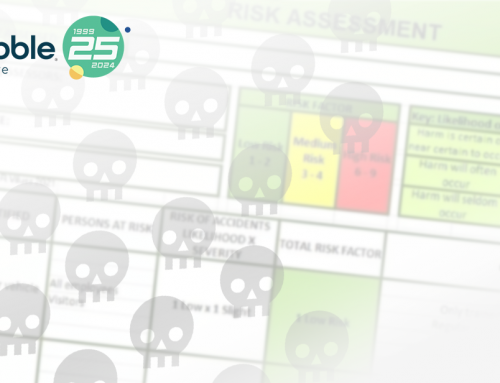Overcoming long-term planning challenges
The upstream energy sector is no stranger to complexity. With volatile market conditions, regulatory shifts, and the ongoing energy transition, long-term planning can feel like navigating uncharted waters. Yet, such effective planning is critical for optimizing exploration, appraisal, development, production, and decommissioning phases. In this post, we’ll explore strategies and tools that can help upstream energy organizations tackle long-term planning challenges head-on.
Long-term planning in upstream energy often involves unique challenges such as market demand variability, geopolitical influences, energy resources estimation uncertainties, and evolving environmental regulations. The energy transition adds another layer of complexity, requiring organizations to balance traditional project maturation efforts with investments in low-carbon technologies. Additionally, financing considerations play a major role, as securing long-term investments for large-scale projects often depends on reliable forecasting and strategic prioritization.
Focus on getting a grip on your data
A comprehensive solution is to leverage advanced Portfolio and Project Management (PPM) tools to mitigate risks. Integrated platforms can provide scenario modeling, real-time data analysis results, and a single-source-of-truth for latest project evaluations and metrics. These tools also facilitate coherent project coordination and prioritization, ensuring that appropriate resources are allocated to high-impact initiatives. The iRIS software may be configured to identify potential bottlenecks in multi-year exploration to production projects, enabling effective reallocation of resources and staying on track. Furthermore, the embedded tools support activity scheduling by ensuring project timelines align with budget constraints and operational goals, enhancing efficiency across all project lifecycle phases.
Effective PPM approaches also encourage cross-functional collaboration to strengthen long-term plans. Successful planning isn’t just about tools – it’s about fostering communication between departments e.g., engineering, finance, and operations teams. Shared dashboards and centralized reporting ensure that all stakeholders have a clear view of project milestones, risks, and opportunities, reducing silos and enhancing consistent project maturation decision-making. Coherent prioritization across departments ensures that the most critical initiatives align with overarching organizational goals, while activity scheduling ensures that projects remain on track, even amid changing conditions.
Conclusion
Overcoming long-term planning challenges in the upstream energy sector requires a blend of strategic foresight, cutting-edge tools, and collaborative efforts. By addressing uncertainties, considering financing and scheduling needs, utilizing robust project management solutions, and fostering teamwork, organizations can position themselves for sustained success amid the energy transition.


Ready to learn more? Contact our commercial team today to discuss how the iRIS (Integrated Resources Information Solution) platform can address the unique needs of your organization by transforming your stakeholder management process. Alternatively click on one of the links below which take you direct to our iRIS PPM software platform.
E: hello@bubblegroup.com T: +44 (0)1223 852664
About Bubble
Bubble® is a leading software company specialized in the development of Enterprise Project Management and Project Portfolio Management (PPM) solutions. Our cloud-based PPM software, Bubble PPM™, helps organizations in Innovation, R&D, New Product Development, and other disciplines, to select the right projects, execute them reliably, and improve productivity.
Founded in 1999, the company is Headquartered in the UK, serving customers across the globe via our offices in Cambridge, London, and Melbourne.






